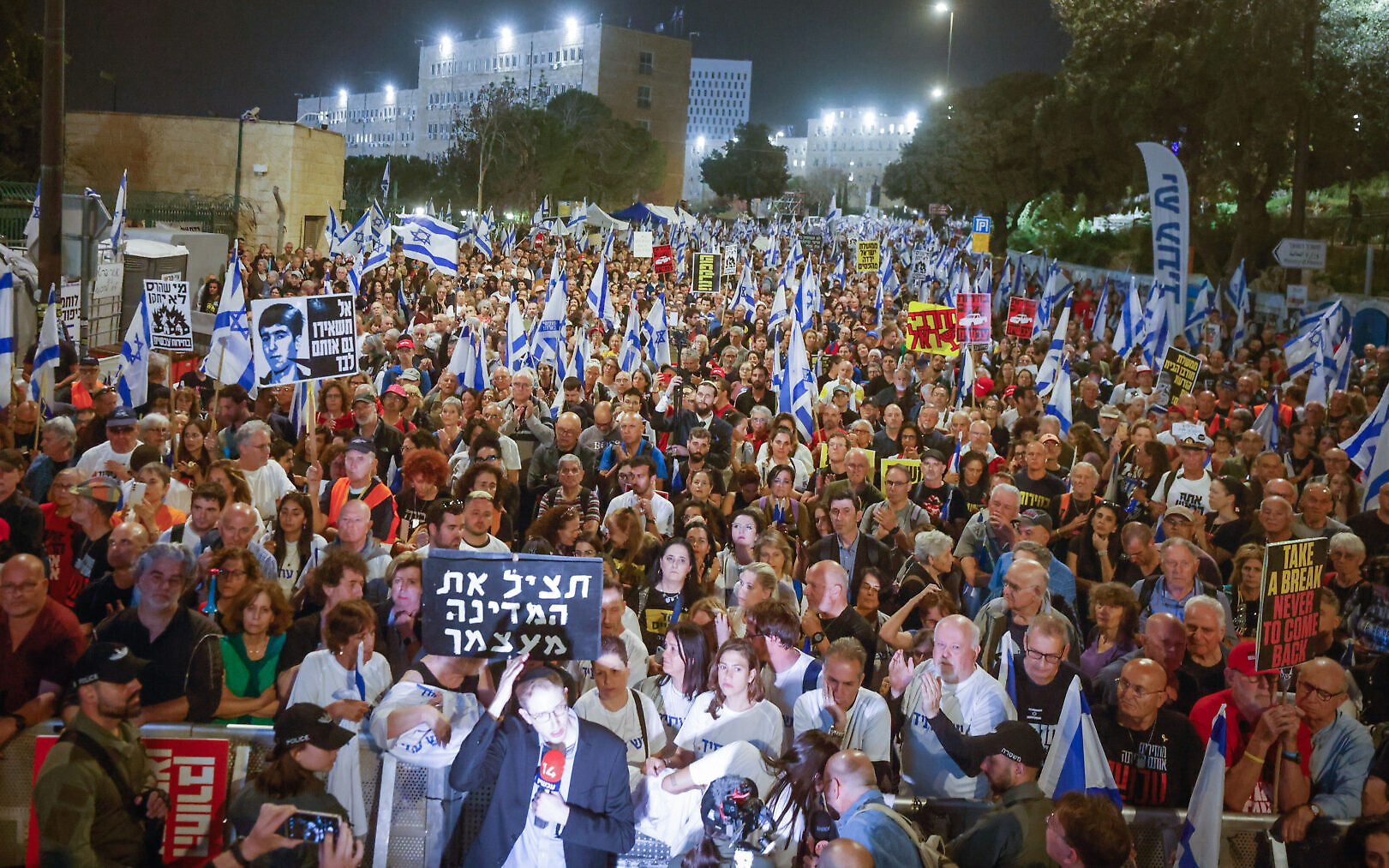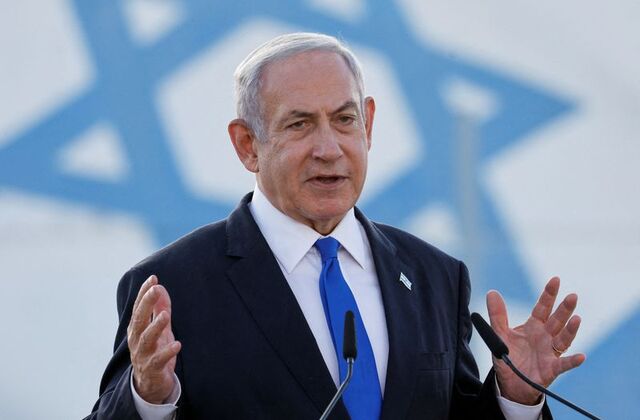Tens of thousands of demonstrators flooded the streets of Israel, voicing their discontent with Prime Minister Benjamin Netanyahu’s leadership. The protests, spanning several cities including Tel Aviv, Jerusalem, Haifa, Be’er Sheva, and Caesarea, mark a widespread outcry against Netanyahu’s handling of the hostage crisis involving Hamas.
Among the demonstrators were families of those held captive by Hamas, expressing frustration with the government’s perceived lack of urgency in securing their loved ones’ release. Carmit Palty Katzir, whose brother remains in Hamas custody, emphasized the personal toll of political inaction, highlighting her mother’s anguish and pleading for swift action from the prime minister.
Opposition leader Yair Lapid echoed the sentiments of the protesters, condemning the government’s response to the crisis and calling for a change in leadership to achieve resolution.
In Tel Aviv, weekly protests have demanded a ceasefire deal with Hamas to ensure the safe return of hostages. However, Netanyahu’s administration has advocated for a more aggressive approach, sparking concerns of further civilian casualties in Gaza.
The ongoing conflict has led to significant loss of life and exacerbated humanitarian crises in Gaza, with mounting pressure on the Israeli government to prioritize diplomacy and humanitarian concerns over military escalation.
Despite mounting public discontent, Netanyahu has dismissed calls for early elections, citing the need for stability during the conflict. His stance has drawn criticism, with opponents arguing that political paralysis hinders efforts to resolve the crisis and risks prolonging the suffering of hostages and civilians alike.


